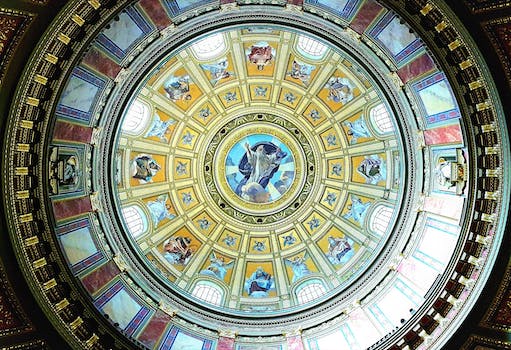Have you ever been fascinated by the Roman Empire? I sure have! History books have always been a source of wonder and amazement for me, and the Roman Empire is no exception. The ancient world’s greatest power, the Roman Empire, was an incredible feat of human achievement.
When I think about the Roman Empire, I think of Caesar, gladiators, and the Colosseum. But the Roman Empire was so much more than that. It was a complex system of government, military might, and cultural influence.
The Roman Empire was founded in 27 BC by Augustus, the first Roman Emperor. It was a vast empire that stretched from modern-day England all the way to Egypt and included parts of Europe, Asia, and Africa. The Roman Army was one of the most powerful in the world, and its soldiers were feared by many. The Roman Empire was also known for its impressive infrastructure, including aqueducts, roads, and public buildings.

One of the things that fascinates me the most about the Roman Empire is its cultural influence. The Romans were known for their art, literature, and architecture. They were also great innovators in science and technology, creating new inventions that we still use today.
But with all its power and influence, the Roman Empire eventually fell. In 476 AD, the last Roman Emperor, Romulus Augustus, was overthrown by the Germanic general Odoacer. The fall of the Roman Empire marked the end of the ancient world and the beginning of the Middle Ages.
Today, the legacy of the Roman Empire can still be seen in many aspects of our modern culture. The English language, for example, has many words that are derived from Latin, the language of the Romans. We also still use many of the inventions and innovations that they created, such as concrete and the arch.
The Roman Empire was an incredible achievement of human civilization, and its legacy still lives on today. Studying the history of the Roman Empire is not only fascinating but also important in understanding the roots of our modern world.
